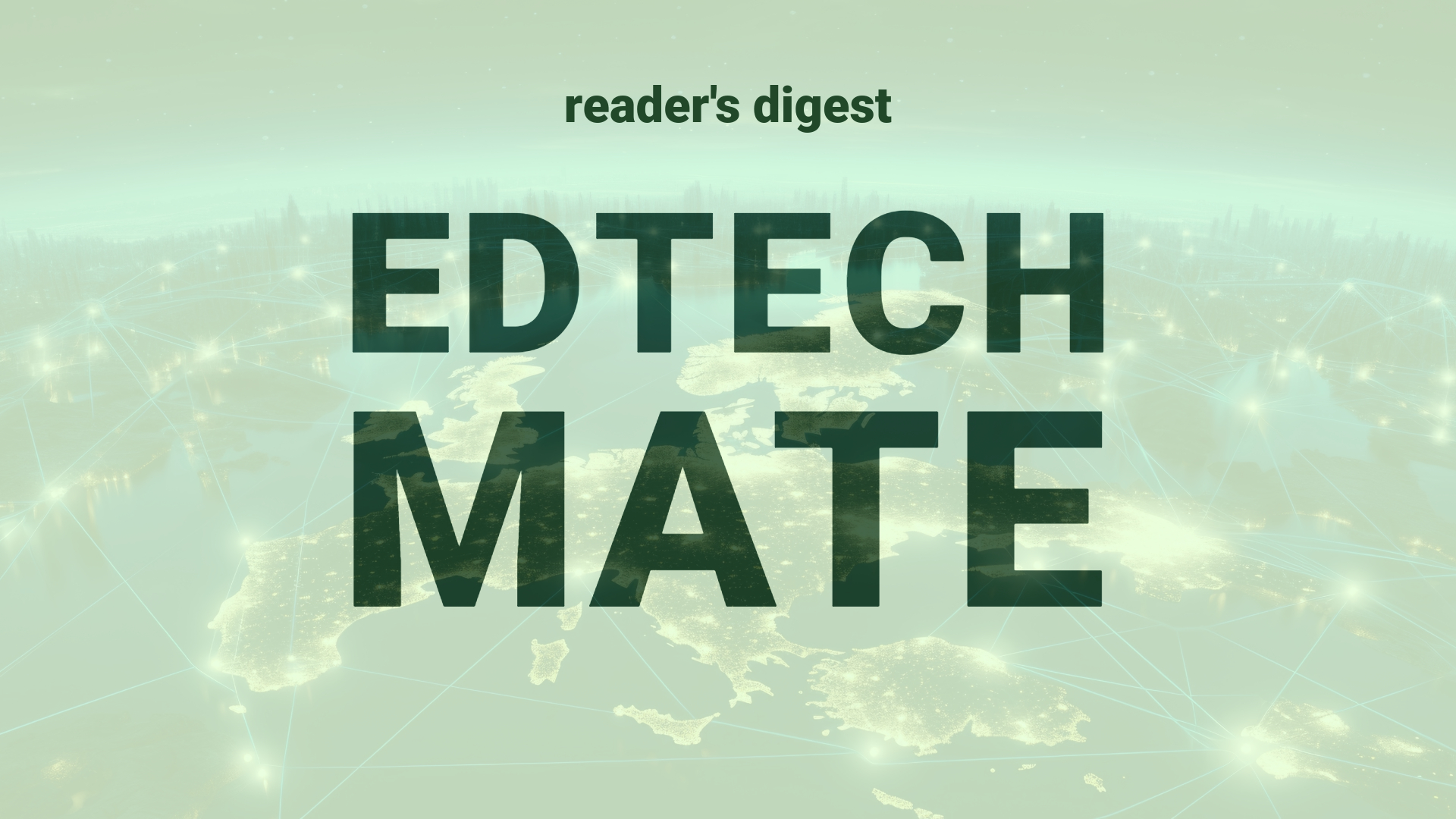“`html
Executive Summary and Main Points
Recent developments in AI governance and generative AI are shaping the landscape of technology with implications for the education sector. Emad Mostaque, formerly the CEO of Stability AI, has stepped down with the intent to challenge and decentralize the concentration of power within AI, highlighting the need for transparent and distributed governance. The debate around the closed-source nature of prominent AIs and concerns about biases and copyright issues in generative AI models are significant trends in the technology industry, meriting attention in education technology discourse.
Potential Impact in the Education Sector
The strategic departure of a major player in the AI field could signal a shift towards more accessible, open-source AI models that could benefit further education and higher education institutions, along with micro-credentialing platforms. Emad Mostaque’s move to decentralize AI governance may result in collaborative and strategic partnerships across educational technology providers and increase the digitalization and democratization of educational resources. This has the potential to broaden the use and application of ethical AI in pedagogy and research, fostering innovation and inclusion across global higher education contexts.
Potential Applicability in the Education Sector
Decentralized AI governance can encourage the adoption of generative AI in creating personalized learning pathways, curriculum design, and research methodologies, promoting AI literacy across faculties and student bodies. Open-source AI platforms can serve as a resource for researchers and educators to experiment with and contribute to, facilitating a shared knowledge base that aligns with global education systems’ varying needs. Furthermore, this may enhance student learning experiences through more responsive and adaptive technologies that are cognizant of diverse educational contexts.
Criticism and Potential Shortfalls
Despite the prospects of better governance in AI, critics argue that the AI industry’s landscape is already diverse. Cases like Anthropics Claude and Meta’s open-source initiatives suggest variety in approach and ownership. Yet, the potential risks of AI centralization, as posited by Mostaque, include issues of bias, copyright infringement, and other harms that need to be addressed through continued research and transparent practices. Moreover, the departure of key staff from AI companies like Stability AI and financial sustainability concerns highlight the volatility in the field, which may impact long-term viability and ethical governance in AI-powered educational tools.
Actionable Recommendations
Education leaders should explore strategic partnerships with AI firms advocating for decentralized and ethical AI governance to ensure educational tools are developed in an inclusive manner. Embracing and contributing to open-source AI models should be prioritized to foster innovation and collaboration within the educational technology community. Institutions might also consider establishing research centers dedicated to examining AI’s ethical implications in education, ensuring that newly integrated AI tools within their systems adhere to the highest standards of data privacy, bias mitigation, and user empowerment.
“`
Source article: https://www.cio.com/article/2074607/stability-ai-ceo-steps-down-to-fix-concentration-of-power-in-ai.html

